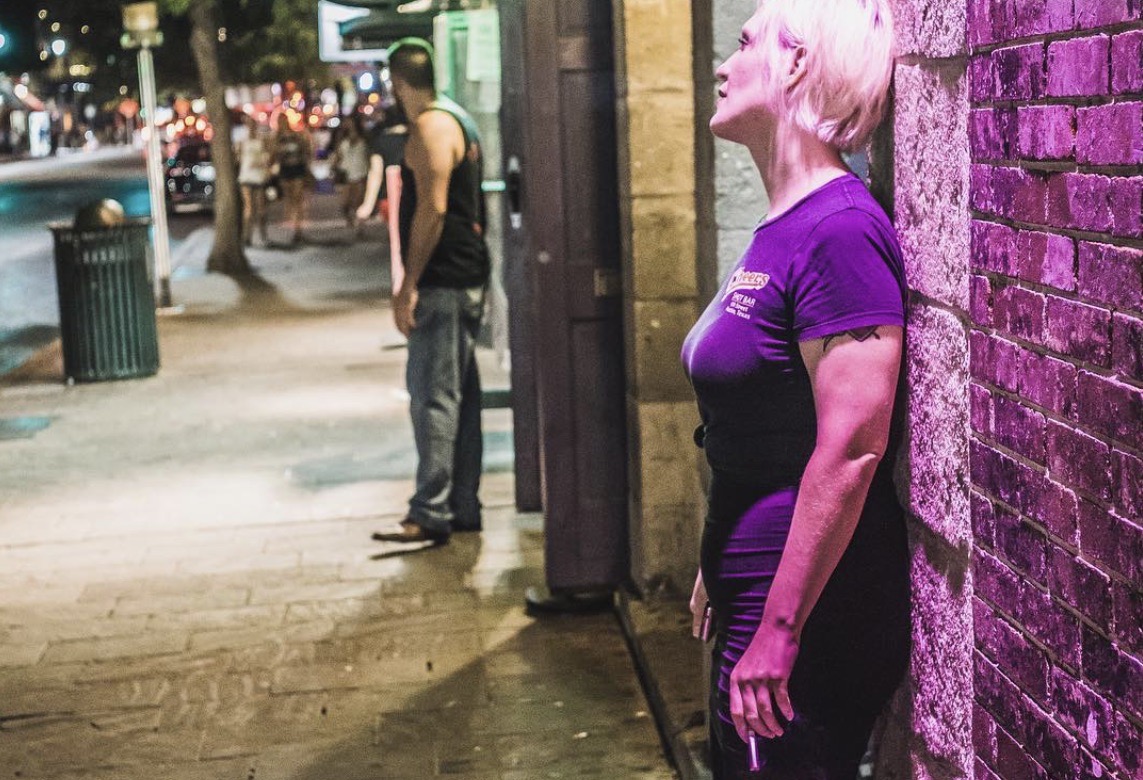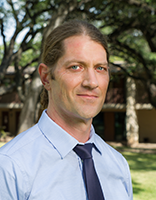By Dr. Anthony Baker
An edited version of this post appears this week on Tony’s own blog, The Diagonal Way.
A Wild Sort of Forgiveness
The art of forgiveness implies a return. A turning back with graciousness to the moment of harm, to the one who caused the hurt. Sometimes this is possible, and the return initiates a story of catharsis.
But sometimes we can’t return to all that, and sometimes we shouldn’t. The trauma involved in some pain makes return simply too much to ask. Maybe the one who hurt me is unsafe. Their ability to return with me there may be compromised by their mental health. Perhaps they are no longer alive. Or perhaps they are simply uninterested in my forgiveness.
Whatever the reason, the art of forgiveness sometimes cannot involve a return to the person and the event. In those cases, it might involve a moving on. The theme of Sowing Holy Questions this spring is “grieving what we cannot return to.” In difficult cases like those, even the act of forgiving can begin in grief for the path we cannot take.
Maya Angelou on Difficult Forgiveness
This past Sunday, my friend Demery preached a sermon on forgiveness. She preaches monthly at St. Julian of Norwich, the church in North Austin that my family and I attend. Demery took us through the tough portion of the sermon on the plain in Luke, when Jesus tells the crowd to turn the other cheek. The reading concluded with that bit about forgive and you will be forgiven, and the shaking up and circling back round of measures. More on that below.
Demery noted the challenges of the passage, and the ways it could lend itself to unhealthy and unholy readings like the situations I outlined above. Returning to an abusive relationship doesn’t sound like gospel to me. Or to Demery.
Conventional homiletical wisdom tends to meet this challenge with a kind of willed offering off forgiveness that doesn’t take shape in any discernible way. Forgiveness is limited to the will to forgive, to let something go. Forgive anyhow, as a generous gift to yourself. Put that burden down.
That seems like wise and good advice, in the proper context. I recommend that anyone working on a forgiveness project explore that wisdom with a trusted friend or mentor. But I heard something new in the sermon.
Demery cited the wisdom of Maya Angelou, who once told Oprah Winfrey about her pay-it-forward model of forgiving. When a person lacks the capacity to be forgiven, Angelou said that she would sometimes make a gift somewhere else in that person’s name. Some unsuspecting and uninvolved person would receive an act of generosity. No one would be any wiser, but Dr. Angelou would name her own act as a “giving for”—giving forward—that released that old damage.
How to Give a Gift
In some ways, a single act of forgiveness that is all about my purity of intention is too little and too much to demand. Too much, because some harms don’t go away that easily. Too little, though, because a 1:1 transaction of offense to forgiveness fails to open up a broader and richer exchange of graciousness.
Back when I was beginning my graduate level theological studies, I came across an essay by John Milbank called “Can a Gift Be Given?” This may seem like an odd title and a strange question to ask. Maybe the answer seems obvious. But at the time, a debate was circling in the philosophy and theology worlds about the true nature of a gift. Does an expectation of a return of some sort, any sort, ruin the purity of the gift? If so, can we ever purify our intentions of those “attached strings?” Maybe we’re stuck between a reality that is much more transactional, and a mystical hope in a true giving beyond this world.
But Milbank’s essay challenged this in a surprising way. He said that a properly theological gift was more like an exchange than a moment of pure intentionality. We ought, he said, to want something in return. I give to others with the hope that giving makes me a bit more loving and generous. And I hope it does them as well.
This exchange, in fact, opens up space for an expansive communal embodiment of giving and receiving. I’m not going to hurry and return to you a gift of equal or greater value when you give to me, as if I’m anxious about zeroing out the spreadsheet. That’s the quickest way to ruin gift. I’ll wait a bit, and give back differently.
In fact, I might “return” the gift in a different direction. What if I forget that I “owe” you lunch, because I’ve noticed someone in need of a bite to eat? Maybe I “gifted” you by giving to them. In that case, what emerges is a community of generosity based in a rather anarchic model of gift exchange.
Small Experiments in Wild Forgiveness
Now substitute the word “forgiveness” for gift in that last sentence, and you’ll see where I’m heading.
Dr. Angelou’s small experiment in forgiveness reminds me of that essay that was so formative for my theological thinking. Maybe true forgiveness is less like a purely intentioned return than it is like a “White Elephant” gift exchange. We all bring our weird acts of mercy, no one knows who’s going home with what, and when the night is over we’ve laughed so much that all we can remember are the good stories. I’ve received a measure of grace, I passed along a measure, and then in the end we find that our laps are all overflowing with it, just like the passage in Luke says.
I hope the heavenly gift of forgiveness is a little like that. Demery and Dr Angelou and others, inviting me into a wild exchange of graciousness, and after a bit I’m laughing and sharing and I can’t even remember what I needed to let go of.
Are there moments of harm that you cannot or ought not return to? How might you pay forward the forgiveness? What friends or strangers could you welcome into your circle of gracious exchange?
This spring, Sowing Holy Questions explores creating what is next, the new normal, grieving for what we cannot return to, and being “beside ourselves.”




One Response
Very good.